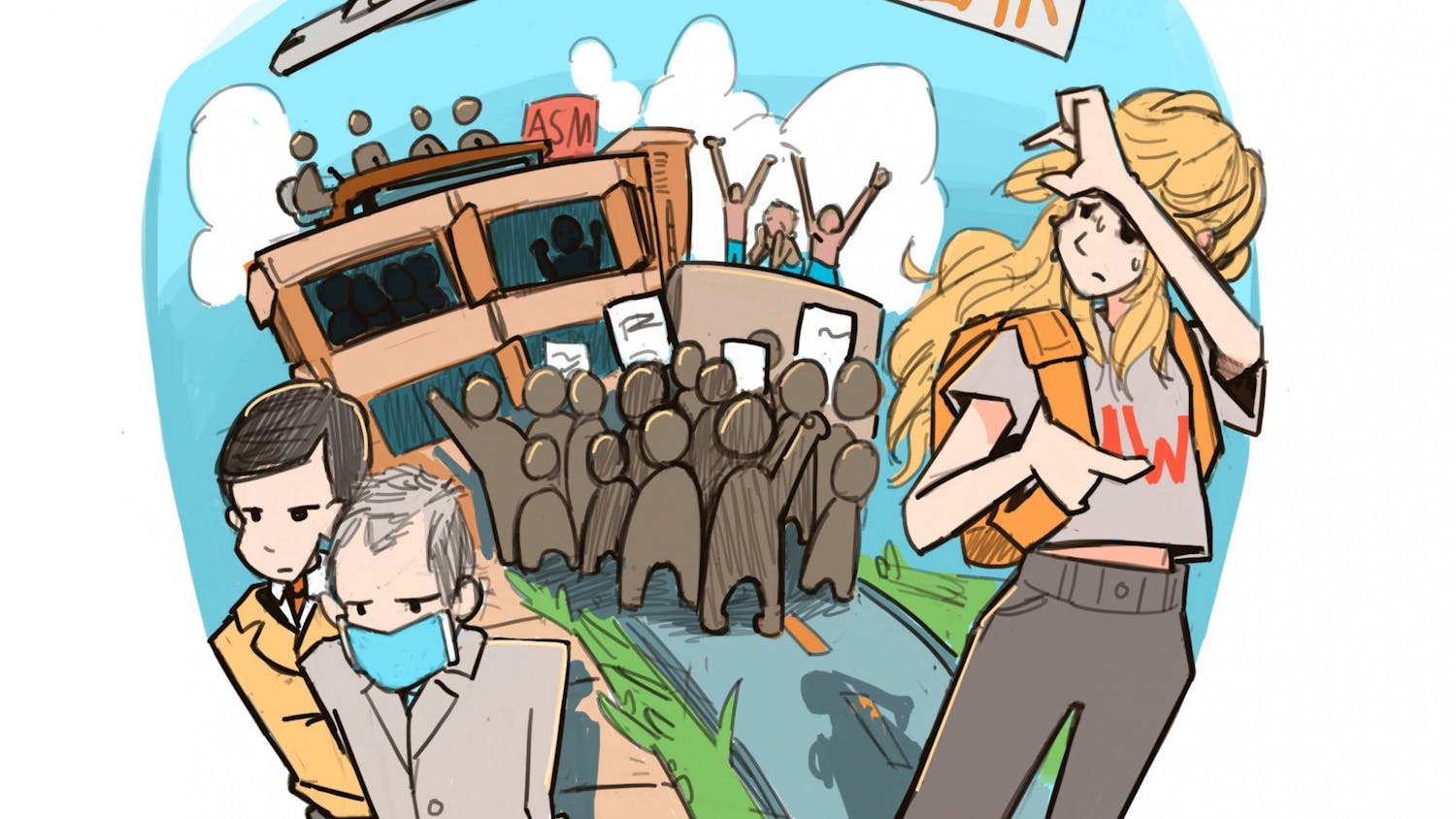Happy Friday, and a belated welcome back to school. Did you have a good Spring Break? Maybe you don’t remember; perhaps a week of school has already wheedled out any pleasant memory you might have had away from academia. On my part, I had a fairly relaxing Spring Break. I went to Chicago to see the Cubs on opening day, but that’s neither here nor there.
Anyway, over break I read “The Sun Also Rises” by Ernest Hemingway, a book I had previously read in my sophomore year of high school.
I wasn’t much impressed in high school but rereading it with fresh perspective was a whole new experience. It was pretty great and I picked up a lot more than I had previously, but there was one point that discomfited me: some of the characters in “The Sun Also Rises” are virulently anti-Semitic.
For a bit of context: “The Sun Also Rises” is narrated by Jake Barnes, an impotent man who takes a vacation to Spain with a few friends during fiesta season. Among the cabal is a man named Robert Cohn, who is almost always described as a Jew.
To make a long story short, the fact that he is Jewish seems to be his defining characteristic in the novel, more so than any other part of him. Hemingway certainly brings it up a lot, through Jake and all his other friends.
But Jake Barnes has another reason to dislike Cohn. In “The Sun Also Rises,” Cohn becomes the temporary paramour of Brett Ashley, Barnes’s romantic interest. Before that, Barnes was already a little disdainful of Cohn, but now he has every reason to hate him and join in on the Jew bashing.
Nonetheless, this doesn’t change the fact that Barnes was deliberately using Cohn’s religion as a cudgel, whereas the real reason Barnes was mad actually had nothing to do with Cohn’s faith.
Now the first thought that springs to mind (in this line of thinking) is “My God, does Hemingway hate Jews?” usually followed by “Does that mean I shouldn’t read Hemingway?”
It’s a valid question. Because you shouldn’t hate Jewish people. You shouldn’t hate anybody. But it simply comes down to understanding the relationship between the author and the work, especially if the work is told in the first person.
First person narration affords a writer a lot of freedom story-wise because they’re not bound to the more objective third person. But there are also a lot of potential pitfalls, namely being accused of anti-Semitism, or sexism, racism, any really bad –ism for that matter.
The trouble, of course, is just because an author has written something, it doesn’t mean what they wrote is a reflection of what they feel or what they believe. A first person narrator is a persona for the author, someone who may act differently and think differently. It’s too easy to think that a book like “The Sun Also Rises” is all about Hemingway because his name is on the cover, since the story is really being told by Jake Barnes. For all intents and purposes, Hemingway has stolen his story from this Jake Barnes fellow and passed it off as his own.
Of course, this does not automatically mean every published novel or short story that professes negative commentary should be written off as divorced from the author’s viewpoint. This does not absolve Hemingway of any accusations of anti-Semitism (because let’s be honest, Hemingway probably hated a little bit of everything) but it does clarify how integral it is to separate an author from a first person narrator.
Got your own thoughts on Hemingway’s narratives? Voice your praise or problems to Sean at sreichard@wisc.edu.





